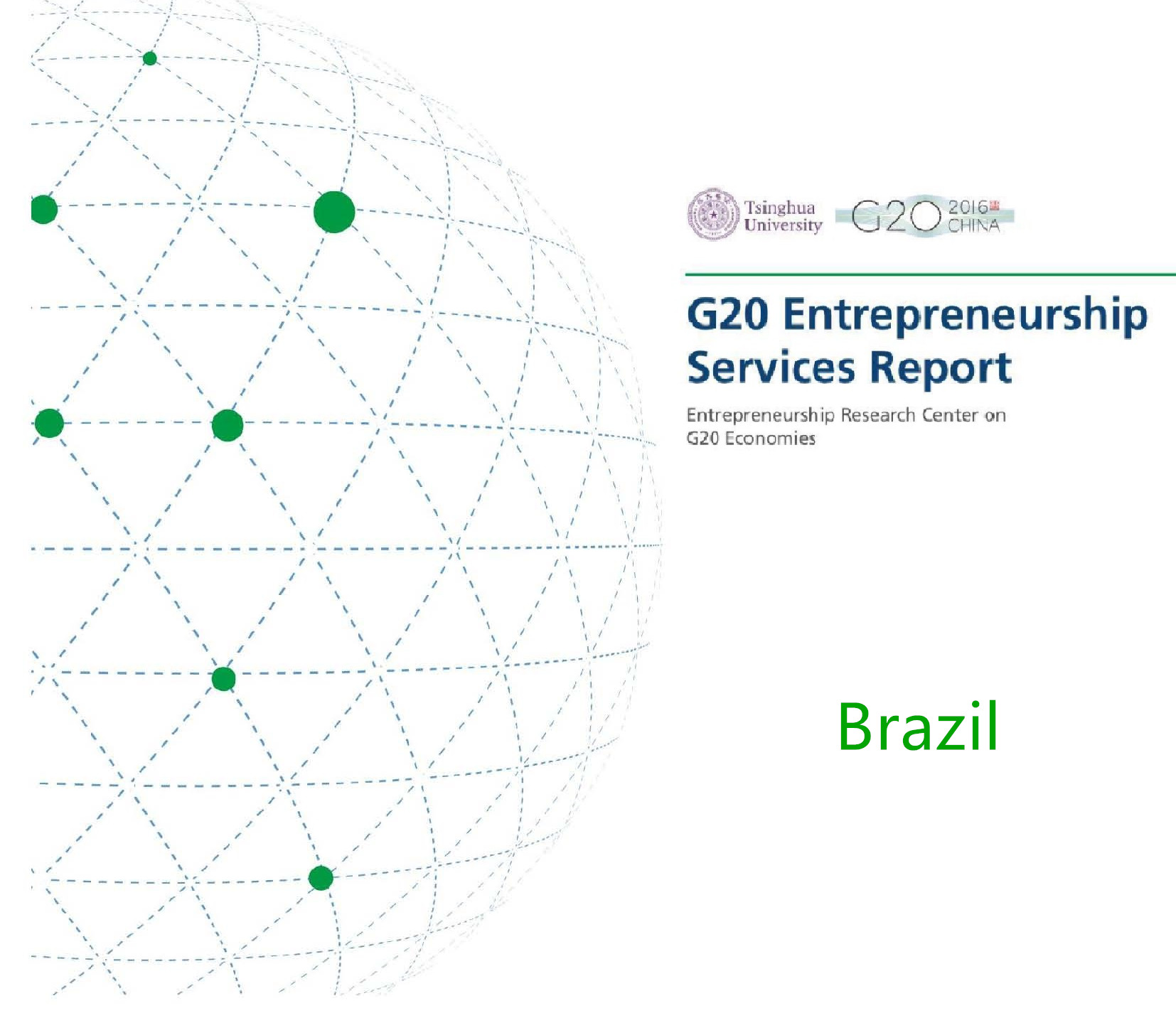
Summary
Small and micro business (SMEs) play an important role in Brazil’s economy. At present, there are 8.5 million SMEs, accounting for 99% of the total number of enterprises.
The Brazilian government has determined the core position of SMEs in the economy through legislation and implemented the Simple National Tax Law to reduce tax burdens. In 2017, the government launched the action plan of “reducing administrative procedures and increasing credit” to improve the e-government. It effectively reduces the administrative burdens on enterprises, and increase credit supports for small and micro businesses. SEBRAE, Brazil’s small and micro enterprise development organization, is an important organization that helps SMEs develop. The Brazilian Innovation Funding Agency (FINEP) is mainly responsible for financing the development and innovation of Brazilian science and technology, which is a subordinate department of Brazilian Ministry of Science and Technology Innovation (MCTI). State-owned banks such as Banco do Brasil and Apex-Brasil play an active role in providing loans for SMEs and promoting overseas marketing.
Brazil is one of the South American countries with heavy taxes. The reforms to simplify tax system have reduced the tax burdens on SMEs and shortened the reporting and payment process. In 2016, the Brazilian government introduced the Grow Without Fear Program to expand the scope of SMEs in the Simple National Tax Law, so that more enterprises may be eligible for tax concessions. The Simple National Tax Law was officially implemented in July 2007, which is a key step in tax system in Brazil’s simplification reform. In 1996, the Brazilian government implemented the Simples Federal Plan to simplify the tax system and provide differential tax benefits for SMEs through the integration of tax and payment systems.
According to 2016 data, new business lending by Brazilian SMEs accounted for 50.03% of the new loans in the year, but the interest rate for SMEs is still 12.7 percentage points higher than that of large Brazilian enterprises, and the financing pressure on Brazilian SMEs is still huge. To this end, the Brazilian government has taken a series of measures to increase financing support for SMEs and start-ups. In 2018, the government announced that it would allow Fintech companies with small loan business to obtain licenses, and encourage Fintech companies to participate in the market. In October 2016, it was announced that more than 30 billion Brazil reals (equivalent to 9.06 billion US dollars) of credit would be provided for SMEs for investment, equipment procurement and enterprise operation. Measures that have been taken include PNMPO, a national small business credit program launched in 2005, DNDES card issued by Brazil BNDES, and FAMPE, a Brazilian credit guarantee fund. In 2016, Brazil promulgated the Angel Investment Law to stimulate the development of Brazilian venture capital.
In support of research and innovation, the Brazilian government is committed to systematizing scientific research. It encourages enterprises to participate in research and innovation to strengthen the market orientation of academic research, and attaches importance to promoting enterprise innovation by adopting a tax incentive “no expenditure” support method. The Innovation Law revised in 2018 introduces a framework for cooperation between public and private research sectors, constituting a new national innovation system, and also encourages research and development activities of SMEs through tax incentives. In providing information services for start-ups and SMEs, Lattes platform, a Brazilian human resources bankmainly provides information on scientific research talents. The Brazilian business incubators attach importance to the transfer of scientific and technological achievements and the cooperation among start-ups, scientific research institutions and social subjects. For example, the technology innovation business incubators managed by the Inova institution of the University of Campinas Marcelo, helps start-ups in emerging technologies. The Brazilian Abastartups also provides services such as business incubation, business operation guidance and investment for entrepreneurs.
The Brazilian government provides various entrepreneurship training programs, such as “Friend of Entrepreneurs” and “Progress”. The entrepreneurial training programs for women and youth are more international in nature, such as CicloBrilhante, a free entrepreneurship program for women, and Junior Enterprises, a young entrepreneur organization. Entrepreneurship education penetration rate is high in Brazil. There are also entrepreneurship training programs for middle school students, such as the “MediotEcpRogramme”. Among the higher education institutions offering entrepreneurship education courses, some attach importance to international exchanges such as the University of São Paulo, while others place a priority on entrepreneurship culture such as the Catholic University of Rio de Janeiro, each with its own characteristics.